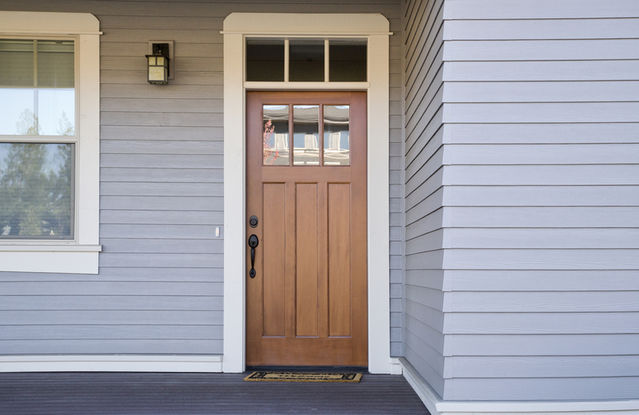Spirituality
What The Handmaid's Tale Can Teach Us About Coerced Women
Subjugation in the home today
Posted July 18, 2017

The current political climate has brought a fever of concern over women’s rights and violations, with outraged reactions we haven’t seen since the 1970s. At the same time, books touting dystopian nightmares have reemerged, such as The Handmaid’s Tale by Margaret Atwood—making it to the top of Amazon’s best sellers list in recent months.
In the latter story, the “handmaids” are women stripped of their freedom and identities for the sole purpose of procreation. As I’m rereading this story, I’m struck that women with controlling partners resemble the handmaids’ stories to some extent. I believe most of us don’t fully realize the deep personal losses endured by women in intimate relationships with partners whose intent is to have power and control over them. Although progress has been made, sexism has not gone away in the public arena but has only been quieted--until now. At home, the same light needs to be shined on this issue.
Claiming Superiority
Our culture places men in positions of power, but not all men use this positioning against their intimate partner. Controlling partners use accepted societal norms to justify and attain power over a girlfriend or spouse.
Emily, a forty-three-year-old married woman, shared her personal experience with this. This is her story:
After we were engaged, we decided to purchase a house together. While we were looking, I noticed that he was less open to my input—what I said I liked and didn’t like. He had this way of making his preferences seem better—more reasonable—while implying mine were silly. But in the end, we had a wonderful home to move into and I was happy with the decision. However, before too long, he claimed it was “his” house and started making all the decisions about it. Eventually, he made other decisions too, insisting that, “This is the way it is!” I came to feel inadequate and powerless to make a difference in our lives.
Conducting recovery groups for women with controlling partners for the past 23 years, I see again and again how psychological abuse is hard to identify. It insidiously draws women into a subjugated position with her intimate partner, often unbeknownst to her. When this occurs, she eventually can feel she’s no longer the person she once was. From research, we know women experience a decline in mental health that’s caused by multiple losses leading to depression and anxiety. One profound loss has to do with self-efficacy—the belief and agency to have influence over ones life.
The following examples are quotes from women in recovery that illustrate how a controlling partner’s belief in being superior drives his behavior and expectations of his partner.
- He believes he can do what he wants and doesn’t need to take others into consideration—ever.
- He says, “I’ll do it my way, in my time!” He runs things—I have no say—life is on his schedule.
- He makes all the big decisions—without my input—because he believes he knows best and is in charge
- Nobody tells him what to do—I have to do what he says.
- He defines my role as a woman, expecting me to be subservient.
- I’m expected to look good because it reflects on him. He picks out what I wear.
- He never apologizes because he believes he doesn’t need to.
- If I decide to speak up, he punishes me—there’s always payback. Once in a while, I’d speak up about something I felt strongly about that he didn’t like to hear. It was inevitable that I would pay the price. Perhaps not immediately, but in a day or two, I would be given a hard time and be intensely harassed and degraded.
- He’s entitled to give me an allowance, he makes me ask for money, he lies and withholds information about the family finances.
Economic Coercion
The majority of women with controlling partners (94-99 percent) encounter economic abuse. Economic coercion is powerful, extremely damaging, and a subset of a belief in male superiority. Money is critical to the quality of our lives in so many ways. It also gives women choices and opportunities that controlling partners can find threatening. The results are that women with controlling partners can be:
- Prevented from getting jobs or keeping jobs, if their partner does not support it
- Forced via threats and abuse to give their paycheck to their partner, obtain loans, or conduct other transactions to get money for their partner
- Have their names used to obtain personal loans or apply for credit cards without their knowledge
- Excluded from having their name included on the deed to the house, title to the car, or other joint assets
Women Have Options
Unlike the Handmaids, women with controlling partners today can have choices. It begins with getting clear about what is taking place in their intimate relationship. First, she should learn the ways her partner’s behavior is coercive and how the behavior undermines and disempowers her. This first step helps her to recover emotional strength that’s necessary before she can feel able to address her concerns about or with her partner. Seeing what’s possible or making a decision about leaving their relationship becomes available to her. Given the decline in mental health and loss of parts of herself, it makes sense that recovery comes first—the preamble to taking back one’s life.
©Lambert




